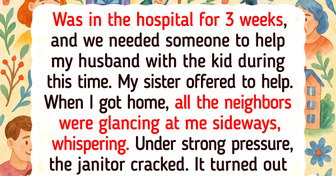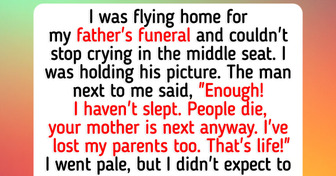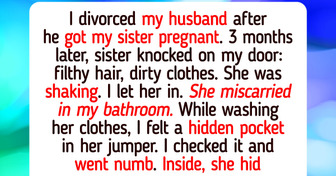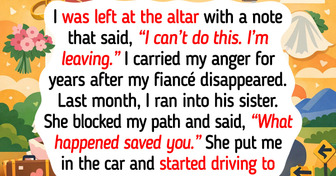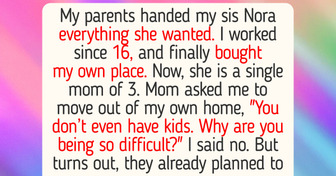13 Double-Life Stories That Prove Even Those Closest to Us Have Secrets
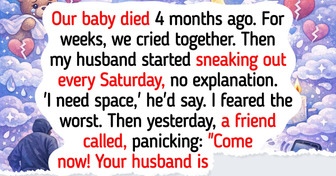
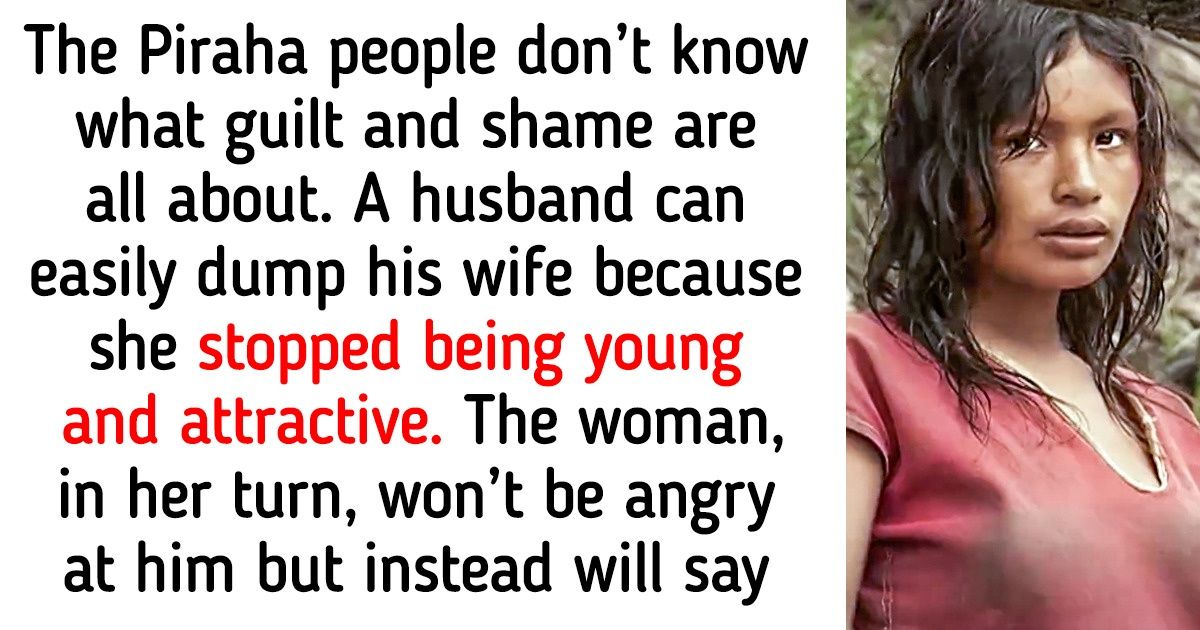
The Piraha people, who live in the depths of the Brazilian jungles, don’t know what the past and the future is, they consider a long sleep dangerous and have no idea what stress is all about. All these nuances make it quite difficult for a modern person to understand them. A missionary who came to the Piraha to teach them about life came to the conclusion that these people are the happiest people on Earth. And years later, he understood that it was actually he who needed to learn from them, not vice versa.
With the permission of photographer and traveler Alexander Fedorov, the Bright Side editorial is publishing the rare shots of these mysterious folks. Also, we are going to share the most shocking facts about the Piraha people, who see the world differently than most people on this planet.
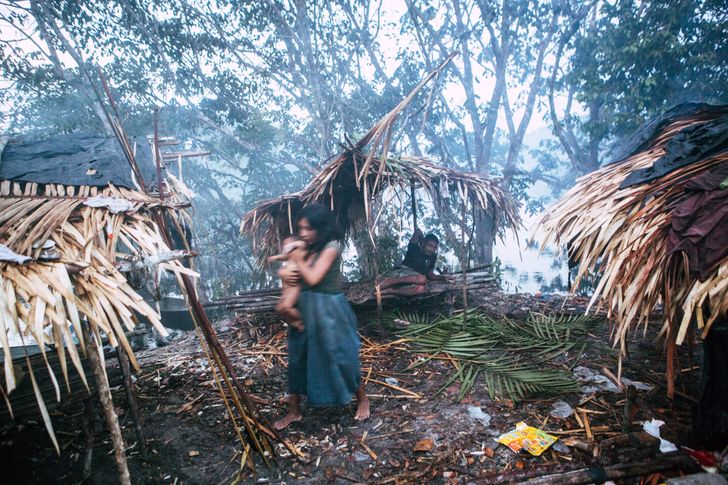
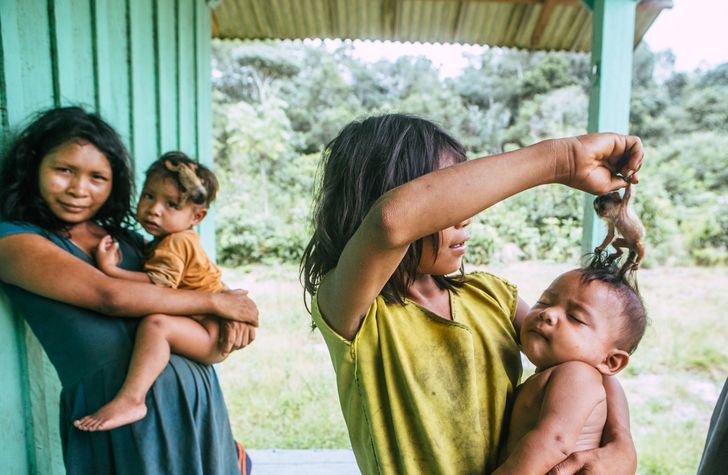
The Piraha don’t show any interest in the achievements of modern civilization. Moreover, they completely don’t understand the lifestyle of modern people. “How can one sleep so long?” — that’s what the Piraha think about the rest of the world. Nonetheless, they’ve started to wear clothes and use aluminum kitchenware, thread, matches, and fishing gear.
This culture doesn’t have any religion or any understanding of God. Though the belief in superior things is there, in most cultures, Piraha people don’t have and don’t need it.
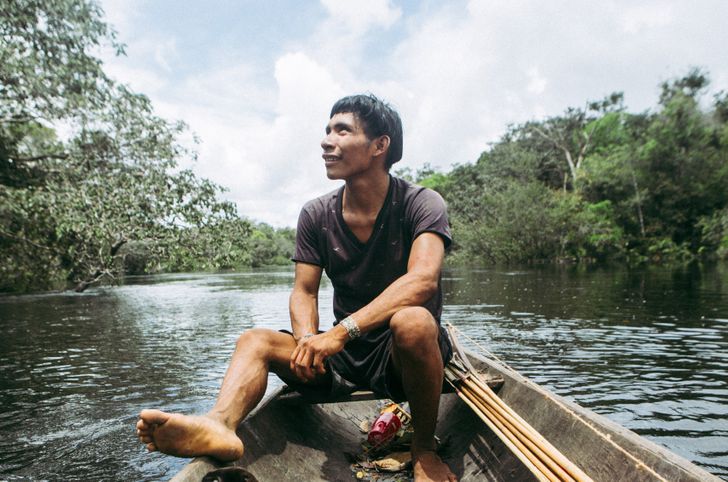
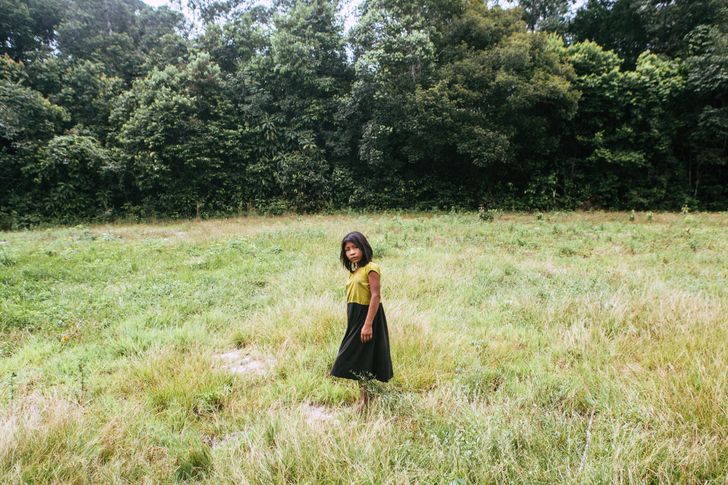
Do you think people from the civilized world can understand the residents of jungles or not? Is there anything that you found appealing among the Piraha’s life principles?

